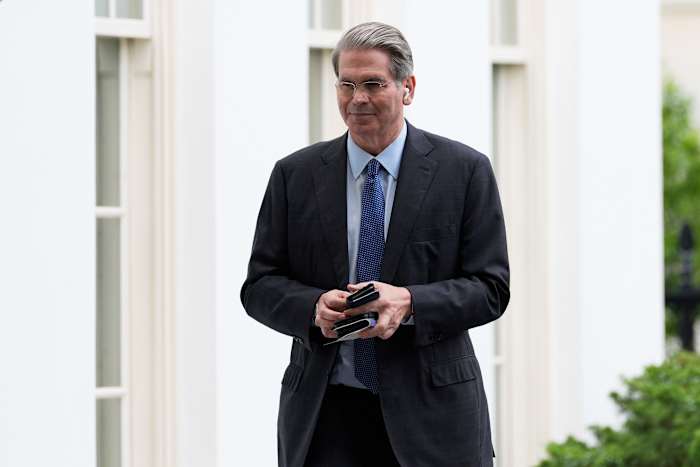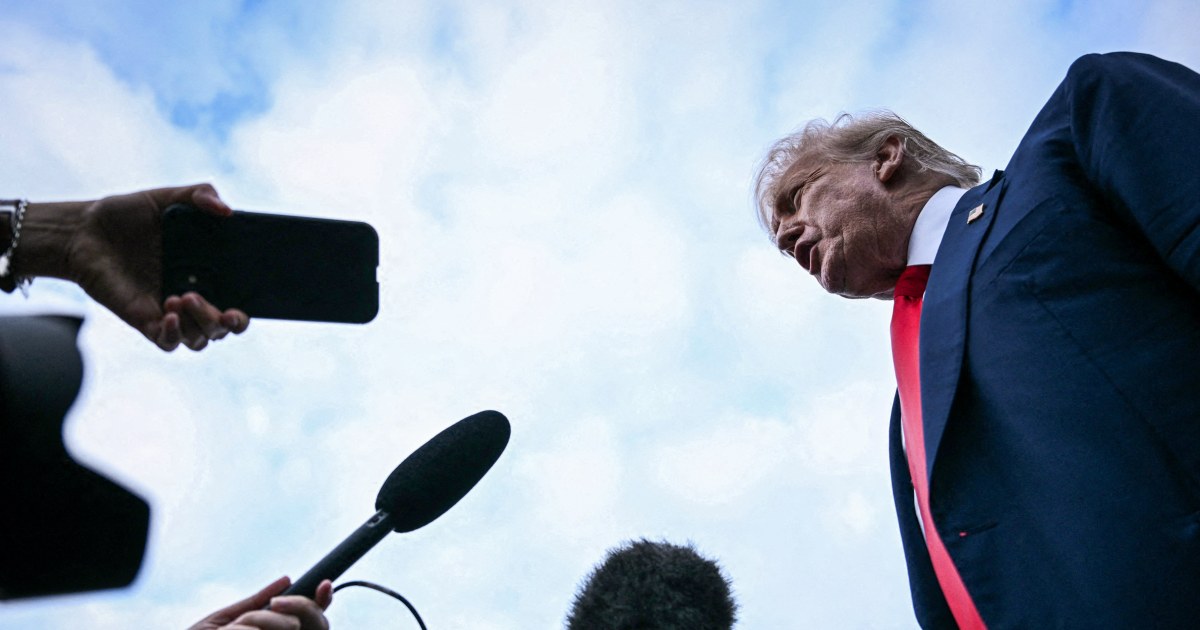In recent years, Nike ad campaigns have depicted a series of previously unthinkable scenes: Saudi girls studying, driving, and even playing sports—alone, unaccompanied by male guardians. While Nike may be in the business of selling sneakers, its partner in Riyadh was selling something far more consequential: Mohammed bin Salman, the prince-engineer of Saudi Arabia’s social transformation. Since assuming the role of Crown Prince in 2017, MbS has cast himself as the vanguard of a modernizing monarchy—one eager to reinvent itself from a cloistered petrostate into a dynamic hub of innovation and cultural rebirth. At the heart of this transformation lies “Vision 2030,” his sweeping plan to diversify the kingdom’s oil-dependent economy and recast its global image.
Across the Asian continent, another leader commands the stage—Xi Jinping, China’s president and paramount leader—who is often framed as the antithesis of a reformer. Where MbS is branded as a modernizer, Xi is viewed as a revivalist: rolling back liberalizations, tightening the grip of the Chinese Communist Party, and resurrecting a political style reminiscent of Mao Zedong. Yet for all their surface-level differences, the Saudi prince and the Chinese president share something deeper and more enduring: an instinct for consolidation and a desire to reengineer the architecture of the state around themselves.
MbS’s reformist veneer obscures a more radical restructuring of Saudi Arabia’s political foundations. The traditional cornerstones of power—lavish oil revenues, the legitimacy of Wahhabi clerics, and royal family consensus—have all been methodically weakened. In their place stands a centralized authority with MbS at its apex. Religious elites who once held sway have been neutered or sidelined; high-ranking royals have been imprisoned or politically neutralized. The monarchy, once a sprawling web of familial deliberation, now functions more like a one-man regime.
MbS sees traditional consultative structures not as assets but as obstacles—impediments to the swift execution of his ambitious agenda. He casts a skeptical eye toward the past and looks instead to his Gulf neighbors, Qatar and the UAE, where concentrated authority has enabled faster modernization. In the kingdom’s new order, a minister’s power flows not from lineage or religious sanction but from personal loyalty to the crown prince. This shift not only upends existing hierarchies but reorients the entire state apparatus to serve one man’s vision.
In China, Xi Jinping has carried out a similar, though more understated, coup against the institutional legacy of his predecessors. After Mao’s excesses, Deng Xiaoping instituted reforms designed to prevent the rise of another all-powerful figure. Term limits were introduced. Collective leadership became the rule. The Chinese Communist Party, while never democratic, was at least designed to be more predictable. Xi has methodically undone this framework. His inner circle is stacked with loyalists, his critics have been silenced, and his face is omnipresent—a return to the cult of personality that once defined Maoist rule.
The irony is bitter: Xi’s own family was a victim of the Cultural Revolution, yet he has embraced the very tools of power that once ravaged his lineage. His model of leadership places emphasis on personal authority over party consensus. As a result, the institutional guardrails built over decades have been weakened or dismantled, creating a system in which the leader stands alone—unchallenged, unchecked, and surrounded by deference.
In both Riyadh and Beijing, the mechanics of power have been redesigned to prioritize obedience over deliberation. Where institutions once balanced authority, sycophancy now reigns. Both men have substituted tradition with personal ambition. The Saudi clerics and royal elders, the Chinese politburo and reformists—once central actors—have been diminished. In their place are loyal apparatchiks who echo, rather than question, the visions of their respective leaders.
This transformation goes beyond governance—it’s about narrative control. Both MbS and Xi have constructed potent mythologies to justify their dominance. MbS sells “Vision 2030” as a national renaissance, while Xi markets the “China Dream” as a return to imperial greatness. In both cases, the nation becomes an extension of the leader’s will. The line between state and persona blurs. It is little surprise, then, that ties between Saudi Arabia and China have warmed. Despite Riyadh’s longstanding alignment with Washington, the kingdom has found in Beijing a kindred spirit: another autocracy, ruled by a man who sees himself as the state incarnate.
But with personalization comes peril. Systems that depend on one man’s instincts are inherently fragile. When advisors become echo chambers and dissent is criminalized, governance deteriorates. Missteps go uncorrected. Autocracies often fall not because they are overthrown but because they collapse under the weight of their own hubris.
MbS and Xi each face these risks. In Saudi Arabia, centralized power coupled with economic volatility may lead to unrest if reforms disappoint. In China, Xi’s assertiveness on Hong Kong, Taiwan, and the South China Sea risks alienating global partners and overextending national ambition. Both leaders stand on high pedestals—but the higher the perch, the more dangerous the fall.
The parallels between MbS and Xi speak to a broader truth about authoritarian modernity. It is seductive to believe that one man can shepherd a nation through history’s thickets. Yet the very institutions these men dismantle are the same ones that provide resilience, feedback, and continuity. In the short term, the leader gains. But over time, the state may find itself dangerously hollowed out—strong in appearance, but brittle at its core.
If you’re interested in writing for International Policy Digest – please send us an email via submissions@intpolicydigest.org


